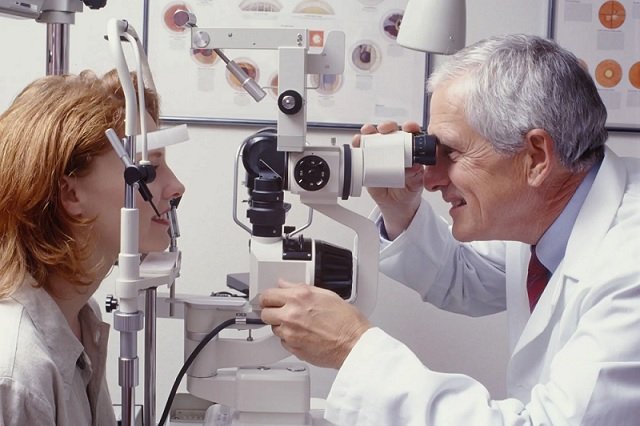According to a national poll conducted by the West Health Institute, 44 percent of Americans confessed they skip going to the doctor even when they have health concerns. Fears of high costs, time commitment, and feelings of invincibility were reasons for avoiding the see a doctor. But ignoring health issues, minor or major, can be a costly mistake. You might not even know you’re developing a serious health problem.
See A Doctor
National Center of Biotechnology Information reports that an average doctor’s appointment takes 17.4 minutes. And while the cost of an appointment depends on your location and health insurance, the average price of a doctor’s visit is within $100.
We may be ignorant of our health conditions, but our bodies keep flashing red lights and waving warning flags when something’s wrong. We must pay attention to these signs and take them seriously. According to experts, here are some signs you need to go and see a doctor.
- Sudden Weight Loss See A Doctor
No, it’s not a success story of your weight-loss journey when you unexpectedly (and unintentionally) drop many pounds. If you’re not on a diet and your clothes start fitting you loosely, it’s time to see the doctor. Unexplained weight loss can result from numerous conditions, including diabetes, hyperthyroidism, and other serious illnesses. Something as serious as asbestos exposure may be the cause, so you need to see an oncologist. If money is a problem, you can get compensated via asbestos trust funds and avoid the financial consequences of it.
- Changes in Bowel Habits
We all have unique digestive systems, so it’s hard to say what’s considered “normal” regarding bowel movements. However, you should be alarmed if you experience a sudden change in your bowel habits, like week-long diarrhea or constipation. While we may like to blame the change in our diet see a doctor, it can indicate bigger problems like irritable bowel syndrome (IBS) or inflammatory bowel disease (IBD). Only your doctor can rule out any other causes and recommend the right course of treatment.
- Persistent Fever
Have you had episodes of a high fever that keep coming back, even when you’re taking over-the-counter medications? If the answer is yes, you must stop self-treatments and see a doctor. A persistent fever may be a sign of some severe infections. Typhoid fever, for instance, is a life-threatening condition that requires hospitalization and antibiotics. If you don’t treat it early, it can cause organ damage. And when the world is battling the return of COVID-19, you don’t want to take any risks.
- Chronic Cough
How often have you covered your chronic cough with “oh, it’s just the ice cream I ate last night?” We tend to downplay a cough, thinking it’s no big deal. But if the cough is accompanied by shortness of breath, chest pain, or blood in your phlegm, it may be a sign of something serious, such as pneumonia. Seeing a doctor will help you get the correct diagnosis and treatment. Your doctor will help you develop a quitting plan if you are a smoker.
- Migraines and Headaches
We all get headaches now and then. It could be the nagging pain in your temples or a throbbing sensation in your forehead. But if you’re getting migraines or headaches frequently, it may be a sign of a bigger problem. If you’re taking pain relievers more than two or three times weekly, consult with a doctor. They will be able to recommend some lifestyle changes or prescribe medications to relieve the pain. Sometimes, acupuncture, chiropractic care, and massage therapy can help.
- Undying Fatigue
Are you feeling lethargic? Do you want to spend your days in bed? Feeling drowsy all the time can be a sign of anemia, sleep apnea, depression, or chronic fatigue syndrome. It can also be a side effect of certain medications. If you’re not getting enough sleep or feeling run down, make an appointment with your doctor. Maybe you need more multivitamins like iron and B12. Or perhaps you need a referral to a sleep specialist. Either way, your doctor will help you get to the bottom of it.
- Mental Health Changes
Physical health is the prime focus when we think about making a doctor’s appointment. However, our mental health is just as paramount. It keeps us functioning in our daily lives. So, if you’re feeling unusually down or anxious, it may be time to talk to a doctor. These mood changes can signify depression, which is an actual medical condition requiring treatment. But, not all ‘I’m so lonely’ feelings are a sign of depression. It could just be that you need to socialize more. In any case, it’s always best to check in with a professional.
Conclusion
These are just some signs that you should see a doctor. Of course, this is not an exhaustive list, and you should always consult your doctor if you have any concerns. But, if you’re persistently sick or have any of the above symptoms, it’s time to make an appointment. Delaying or avoiding medical care can only make things worse. So, take charge of your health and get the help you need!
